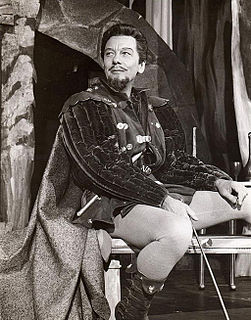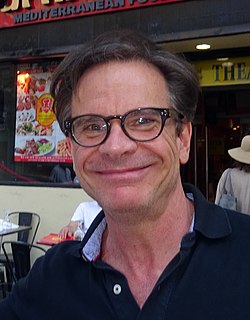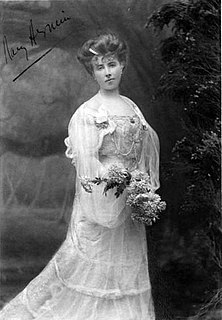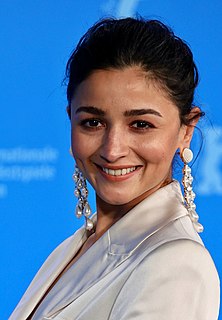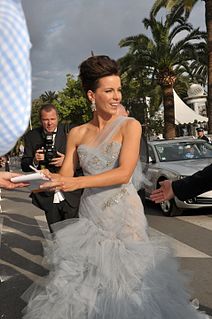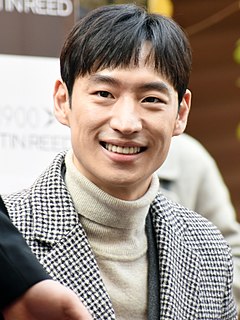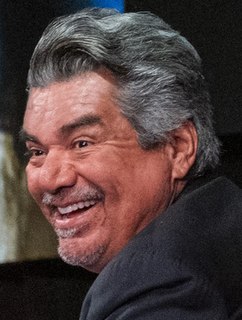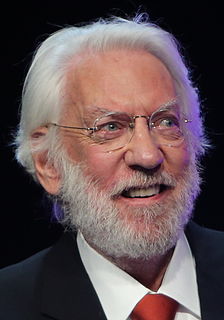A Quote by John Gielgud
I never accept lengthy film roles nowadays, because I am always so afraid I will die in the middle of shooting and cause such awful problems.
Related Quotes
If you make a film, that magic is not there, because you were there while shooting it. After writing a film and shooting it and being in the editing room every day, you can never see it clearly. I think other people's perception of your film is more valid than your own, because they have that ability to see it for the first time.
i will follow it, though i know so well now the deep wounds i might find. for as long as i believe that i am walking the true road, if i am slain, then i die in the knowledge that for a brief time, at least, i was part of somethin bigger. this road has perils and i will surely die on it,but, i am not afraid to die.
For I'm afraid of loneliness; shiveringly, terribly afraid. I don't mean the ordinary physical loneliness, for here I am, deliberately travelled away from London to get to it, to its spaciousness and healing. I mean that awful loneliness of spirit that is the ultimate tragedy of life. When you've got to that, really reached it, without hope, without escape, you die. You just can't bear it, and you die.
Though I am born into a film family, I hardly had much exposure to shooting during my growing
years. My first film actually taught me about the breakdown of shots in a film. My aim is to do three
memorable roles in the next five years; films I can be really proud of. And I want to work with the best.
Before, I wished my acting and my identity to be strictly separated. I felt uncomfortable about showing who I am because I was afraid it would affect how audiences see my performance. But now my thoughts have changed. I think people these days accept that actors and the roles they play are separate.
I thought, "Oh, my god, that's what happens every time I talk with a journalist in the middle of shooting and I talk about my character. I describe him, I objectify him, and I kill him." So, I've never spoken with a journalist in the middle of a film. I don't do the EPK until the very end of a film. I can't talk about Kiefer's process, but what he brings to the table is beautiful.
